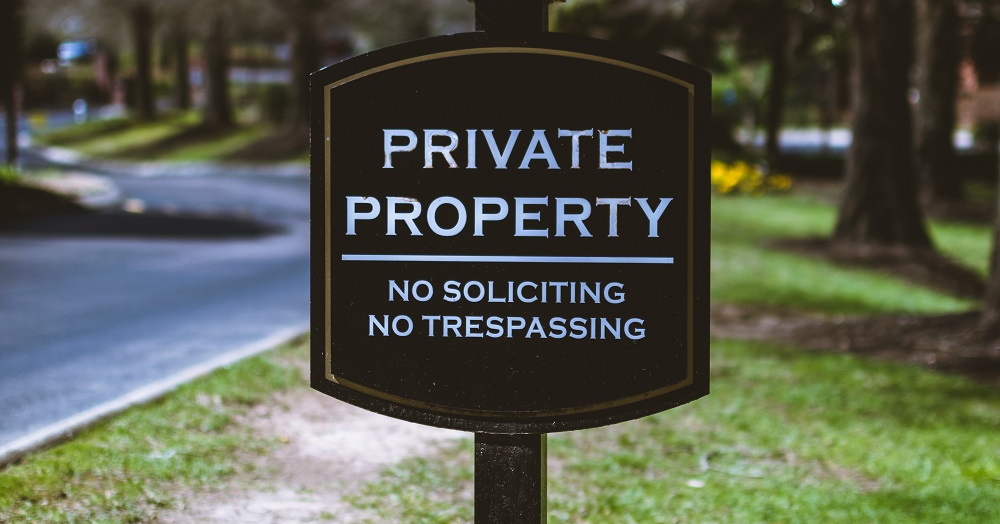
Things to consider when buying a property with a private road
Lockdowns and the race for space have seen the already competitive rural housing market reach fever pitch in recent months. But while a rural property may solve some housing issues, unless you are armed with the correct information, other problems may arise, particularly when it comes to access.
Some of the most beautiful remote properties come hand in hand with distinctly rural access. Buyers' immediate thoughts may involve what kind of vehicle will be required to deal with rough terrain, especially in winter months and to look carefully into the small print surrounding access roads that aren't owned by the property or by the council.

Access tracks to remote rural properties, especially farmhouses, are often owned by another party, often (but not always) a local farmer. The property will almost certainly have a right of way over the track, but checking this vital fact in itself shouldn't be where your investigations start and end.
Questions you should take up at an early stage with the vendor or agent, and through your solicitor include:
Who owns the access?
Who is responsible for its maintenance?
In what kind of document is this formalised?
Is the owner entitled to block the track at any time or for any reason, for example, can he put gates across it?
Will future buyers be able to get a mortgage on the property if there is only a right of way over the track and no onus on the farmer to repair it?
The first thing to do is to examine the title deeds/land registry of both the subject property and the track. This may give some clues as to rights and obligations.
In the majority of cases, the buyer will find the property owner has a right of way. If it has been formalised in a deed, it will say something like the “right to pass and repass at all times on foot, with cattle or a vehicle”. One would hope there is an obligation on the owner of the track not to obstruct it but often in rural areas neither this right nor obligation will be written down. In which case you will be relying on goodwill.
A further problem is that even if the owner of the track is required to maintain the track, there may be some significant difference in both parties' idea of what a well-maintained track looks like.
Another practical point you should think about is passing places. On a long narrow track with no possibility of pulling onto a verge or a gateway, you may find yourself reversing for long distances, at best annoying, and potentially difficult in the dark or bad weather. If you don't own the fields on either side, see if you can do a deal with the owner of the track / adjacent land to create some passing places.
It's never a good idea to find oneself in a position of disagreement with someone who owns your access, so my recommendation is that buyers in a situation where there are some grey areas surrounding access should consider offering to take over the maintenance of the track in return for formalising, in a Deed, the access rights over the track. While this clearly carries a significant cost, it will significantly improve the value of the property, and also the peace of mind of the property owner and future buyers.